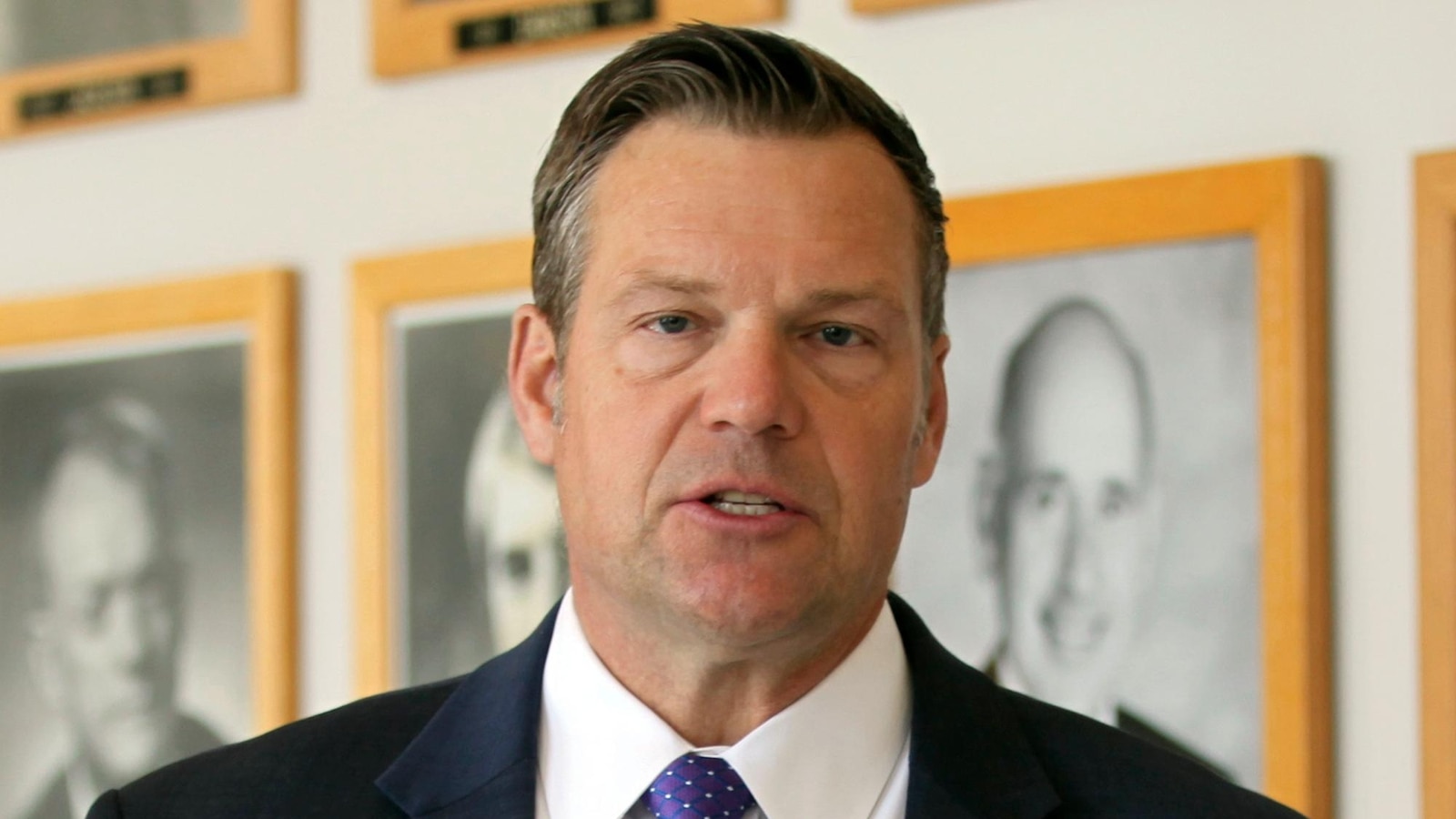
A judge in Kansas ruled on Monday that refusing to change drivers’ licenses to reflect their gender identities does not violate transgender residents’ constitutional rights.
An order she first issued in July 2023 was kept in place by District Judge Teresa Watson, who kept it in place indefinitely to stop the Kansas Department of Revenue from changing the “sex” listing on transgender drivers’ licenses. Republican Attorney General Kris Kobach filed a lawsuit against the Democrat Governor. To put an end to the legal recognition of transgender names in line with a 2023 law, Laura Kelly’s leadership has ordered these changes.
The American Civil Liberties Union argued on their behalf that the no-change plan violated the rights guaranteed by the Kansas Constitution when Watson allowed trans Kansas people to act in Kobach’s complaint. The Kansas Supreme Court made the declaration in 2019 that the state law confers a right to bodily autonomy, but the choice dealt only with abortion rights and not LGBTQ+ rights.
According to Watson, “an absurd stretch” would be to mandate the state to transform driver’s licenses. According to her, Kansas residents do not have the fundamental rights guaranteed by the state constitution to “dictate what is displayed on a state-issued driver’s license.”
In her 31-page order, which was issued in Shawnee County, the state capital of Topeka, Watson wrote that “information recorded on a driver’s license does not interfere with trans people’s ability to control their own bodies or assert bodily integrity or self-determination.”
Kelly supports LGBTQ+ rights. In 2019, her administration made it possible for trans people to update their driver’s licenses and birth certificates to reflect their gender identities.
Thanks to Kobach’s efforts, transgender people can no longer alter either identity document because the Republican-controlled Legislature overrode her veto to pass the 2023 law.
Whether Kelly’s administration or trans Kansas residents will challenge Watson’s decision is unknown. A transgender ACLU of Kansas legal fellow D.C. Hiegert predicted that Watson’s decision might cause transgender people to be harassed and denied services.
“What justification do we have for rejecting the trans population’s sense of security?” added Topeka lawyer Pedro Irigonegaray to the Kelly administration. “Why does this group of people face such a malicious approach?”
The legislation from Kansas was one of a number of measures being implemented by GOP-controlled legislatures all over the United States to restrict transgender rights. Republican governors issued executive orders in Nebraska and Oklahoma after a non-binary teenager was bullied and died in a fight in a girls’ bathroom at a school in Montana, North Dakota, and Tennessee. At least 13 different states have proposed similar measures.
Driver’s licenses and birth certificates are not mentioned in the Kansas legislation, but it states that a person’s sex is “either male or female” for the purposes of any state law or regulation, based on their “biological reproductive system” identified at birth. The government’s speech is clear and “there are no exceptions,” according to Watts.
This decision, according to Kobach, is a win for common sense and the rule of law.
At least 23 other states have already acted in response to the decision, which came the day before the Kansas House planned to deliberate a proposed ban on gender-affirming care for transgender minors. On Wednesday, the House was scheduled to vote last.
In a statement, Hiegert said, “We will continue to work toward a vision of our state that allows all of us to live in peace, free from government oppression and restrictions on our core identities.”



